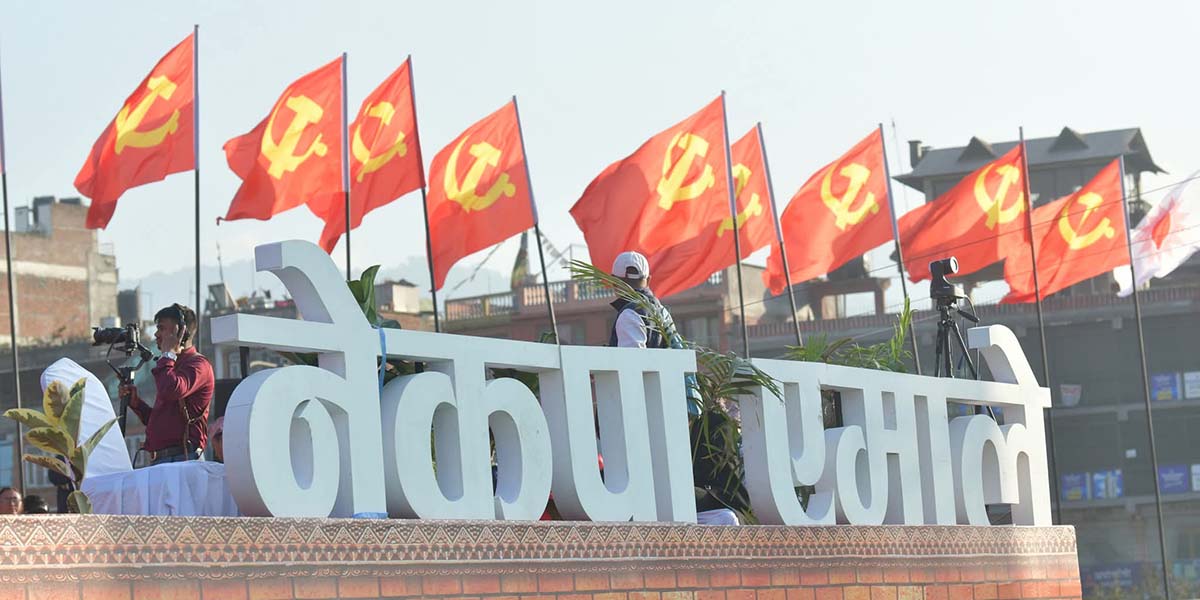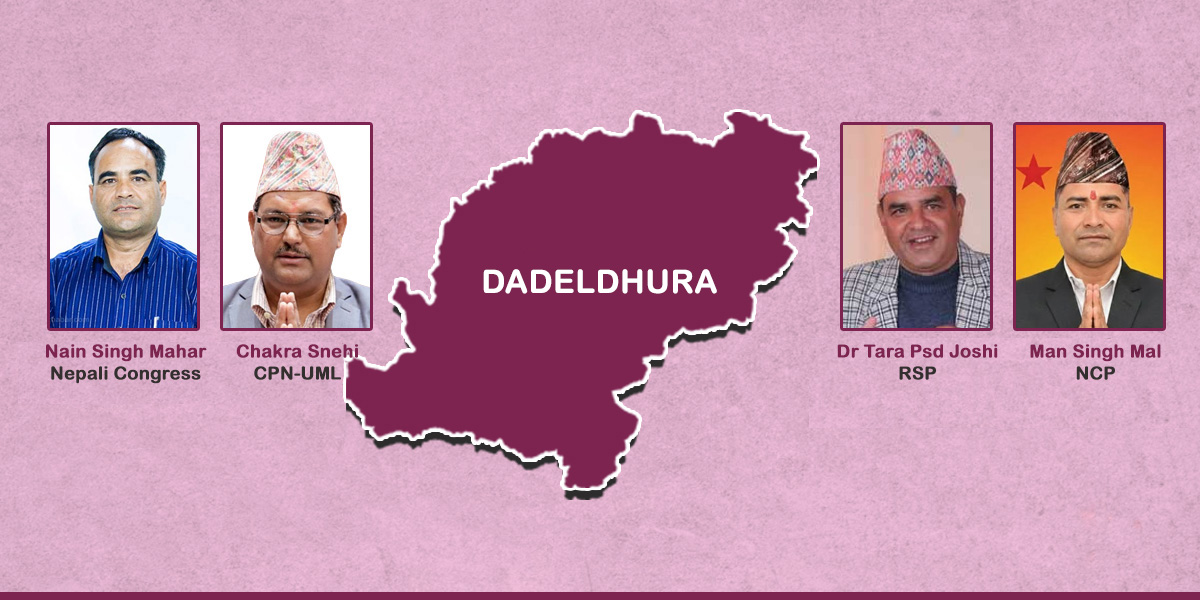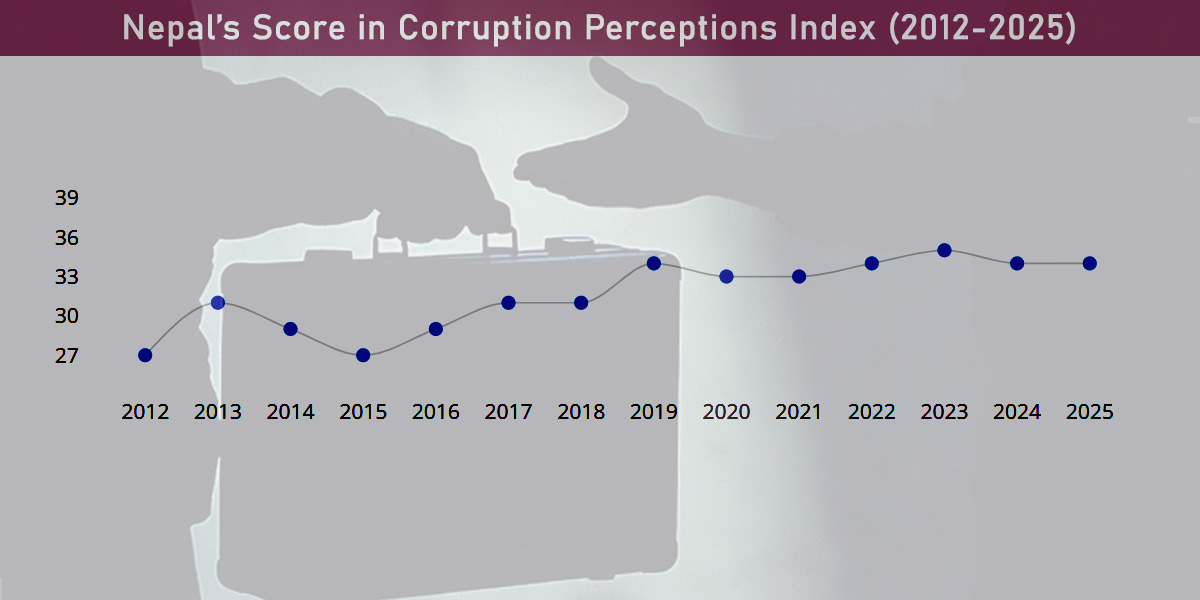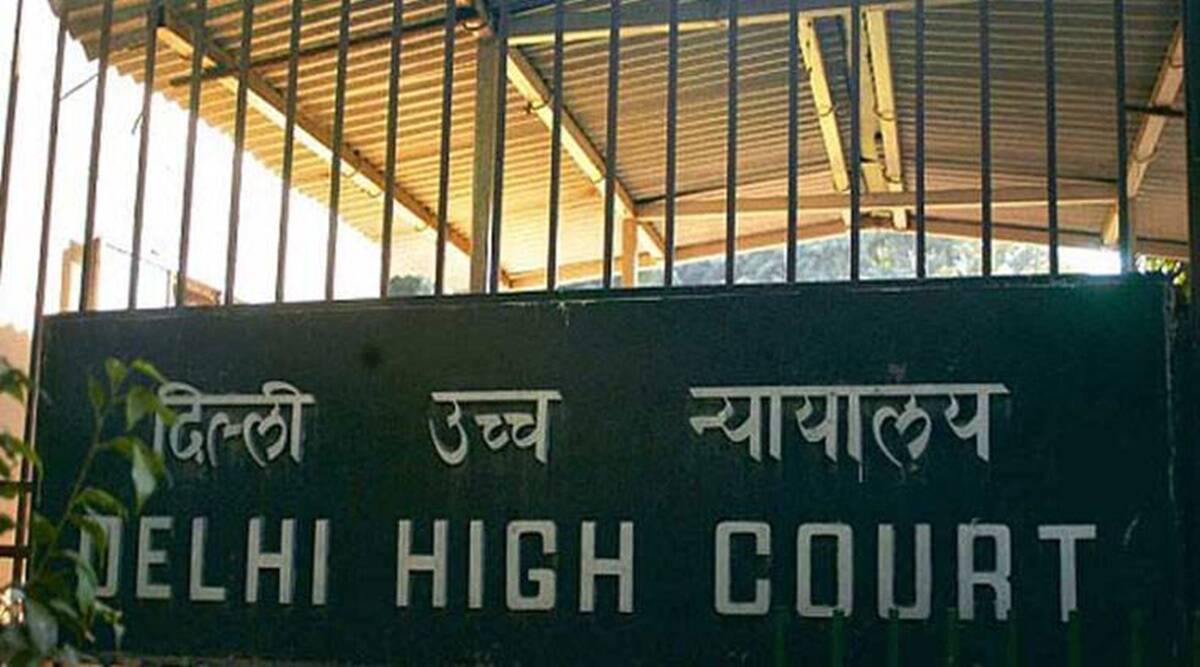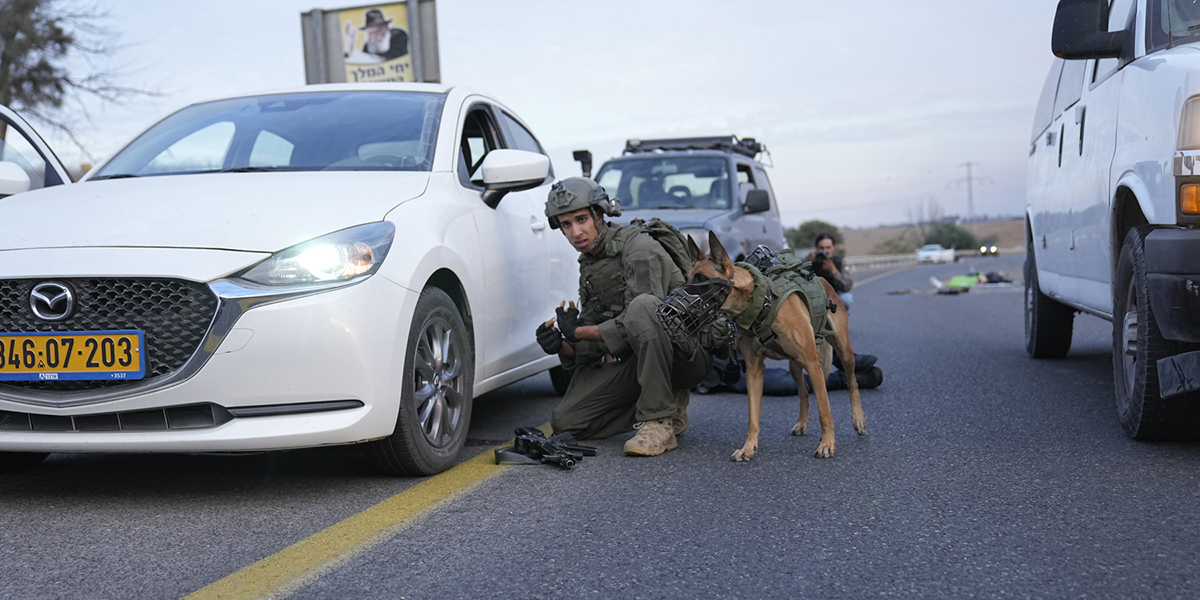 Israeli soldier takes cover on the road near Sderot, Israel, on Saturday, Oct. 7, 2023. Palestinian militants in the Gaza Strip infiltrated Saturday into southern Israel and fired thousands of rockets into the country while Israel began striking targets in Gaza in response. (AP Photo/Ohad Zwigenberg)
Israeli soldier takes cover on the road near Sderot, Israel, on Saturday, Oct. 7, 2023. Palestinian militants in the Gaza Strip infiltrated Saturday into southern Israel and fired thousands of rockets into the country while Israel began striking targets in Gaza in response. (AP Photo/Ohad Zwigenberg)
DOHA: Israel and Hamas have agreed to pause the devastating war in the Gaza Strip, mediators announced Wednesday, raising the possibility of winding down the deadliest and most destructive fighting between the bitter enemies.
The three-phase ceasefire deal promises the release of dozens of hostages held by militants in Gaza and hundreds of Palestinian prisoners in Israel, and to allow hundreds of thousands of people displaced in Gaza to return to what remains of their homes. It would also flood desperately needed humanitarian aid into the territory ravaged by 15 months of war, mediators said.
The prime minister of Qatar, Sheikh Mohammed bin Abdulrahman Al Thani, said the ceasefire would go into effect Sunday and that its success would depend on Israel and Hamas “acting in good faith in order to ensure that this agreement does not collapse.” He spoke in the Qatari capital of Doha, the site of weeks of painstaking negotiations.
US President Joe Biden touted the deal from Washington, saying the ceasefire would stay in place as long as Israel and Hamas remain at the negotiating table over a long-term truce. Biden credited months of “dogged and painstaking American diplomacy” for landing the deal, noting that his administration and President-elect Donald Trump’s team had been “speaking as one” in the latest negotiations.
Israeli Prime Minister Benjamin Netanyahu said late Wednesday that the ceasefire agreement with Hamas was still not complete and final details were being worked out.
An Israeli official familiar with the talks who spoke on condition of anonymity said those details center on confirming the list of Palestinian prisoners to be freed. Any agreement must be approved by Netanyahu’s Cabinet.
Related stories
Hamas OKs draft agreement of a Gaza ceasefire and the release of some hostages, officials say
Middle East latest: Israeli strikes in Gaza kill 17, medics say, as Hamas accepts a ceasefire draft
ICC chief prosecutor wants Israeli objections over Netanyahu warrant to be rejected
Netanyahu thanked Trump and Biden for “advancing” the ceasefire agreement, but did not explicitly say whether he has accepted it, saying he would issue a formal response only “after the final details of the agreement, which are currently being worked on, are completed.”
His measured reaction may reflect domestic politics. Netanyahu’s governing coalition depends on the support of two hard-line factions whose leaders have threatened to leave the government over the planned release of Palestinian prisoners. Although opposition leaders have vowed to support the ceasefire deal, the loss of his hard-line allies could lead to the collapse of the coalition and trigger early elections.
Early Thursday morning, Netanyahu’s office issued a statement accusing Hamas of backtracking on an earlier understanding that he said would give Israel a veto over which prisoners accused of murder would be released. Netanyahu said he told the negotiators to stand firm on the earlier agreement.
Hamas did not immediately respond.
Earlier, Israeli President Isaac Herzog called on Netanyahu’s government to approve the ceasefire in a nationally televised speech. Hamas said in a statement the ceasefire was “the result of the legendary resilience of our great Palestinian people and our valiant resistance in the Gaza Strip.”
Mediators from Egypt, Qatar and the US are to meet in Cairo on Thursday for talks on implementing the deal, according to a senior US official who was not authorized to comment publicly and spoke on the condition of anonymity.
Once the first phase of the deal takes effect, it is expected to deliver an initial six-week halt to fighting along with the opening of negotiations on ending the war altogether.
Over those six weeks, 33 of the nearly 100 hostages are to be reunited with their loved ones after months in captivity with no contact with the outside world, though it’s unclear if all are alive.
It remained unclear exactly when and how many displaced Palestinians would be able to return to their homes, and whether the agreement would lead to a complete end to the war and the full withdrawal of Israeli troops from Gaza — key Hamas demands for releasing the remaining captives.
Many longer-term questions about postwar Gaza remain, including who will rule the territory or oversee the daunting task of reconstruction after a brutal conflict that has destabilized the broader Middle East and sparked worldwide protests.
Hamas triggered the war with its Oct. 7, 2023, cross-border attack, which killed some 1,200 in Israel and took 250 others hostage. Israel responded with a fierce offensive that has killed over 46,000 Palestinians, according to local health officials, who do not distinguish between civilians and militants but say women and children make up more than half of those killed.
More than 100 hostages were freed from Gaza in a weeklong truce in November 2023.




![Maha Shivaratri being celebrated across the country [With Pictures]](https://en.himalpress.com/wp-content/uploads/2026/02/HRB_KTMImage2026-02-15at7.37.40AM1.jpg)
